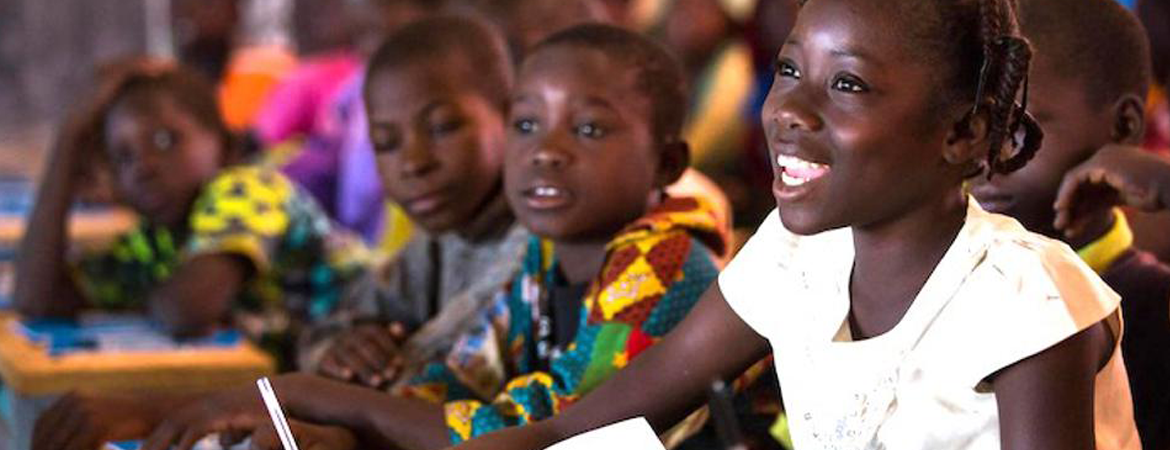Know About The Organization
WHRPC LLC is a federal government and approved by State of New York, Department of State and State of Colorado, Office of Secretary UNITED STATES OF AMERICA.
An Memorandum of Understanding signed with Department of homeland security and Social security administration for jointly work (Govt. department of USA) Its membership is comprised of individuals, educators and groups throughout the world who are actively forwarding the knowledge and protection of human rights for all Mankind. Its purpose is to provide human rights educational resources,honorary doctorate degrees and activities that inform, assist and unite individuals, educators, organizations and governmental bodies in the dissemination and adoption of the Universal Declaration of Human Rights at every level of society.

World Human Rights Protection Commissions was founded on the Declaration’s 70th anniversary, in the face of continued worldwide abuses which violate the spirit, intent and Articles of this charter of all human rights, the first such document ever ratified by the community of nations. Surveys have found that most people have only a limited understanding of human rights. The Declaration contains the thirty rights that together form the basis of a civilization wherein all people can enjoy the freedoms to which they are entitled, and nations can coexist in peace. Human rights are the basic rights and freedoms that belong to every person in the world, from birth until death. They apply regardless of where you are from, what you believe or how you choose to live your life. They can never be taken away, although they can sometimes be restricted – for example if a person breaks the law, or in the interests of national security. These basic rights are based on shared values like dignity, fairness, equality, respect and independence. These values are defined and protected by law. The phrase “human rights” may be used in an abstract and philosophical sense, either as denoting a special category of moral claim that all humans may invoke or, more pragmatically, as the manifestation of these claims in positive law, for example, as constitutional guarantees to hold Governments accountable under national legal processes. While the first understanding of the phrase may be referred to as “human rights”, the second is described herein as “human rights law”.

While the origin of “human rights” lies in the nature of the human being itself, as articulated in all the world’s major religions and moral philosophy, “human rights law” is a more recent phenomenon that is closely associated with the rise of the liberal democratic State. In such States, majoritarianism legitimizes legislation and the increasingly bureaucratized functioning of the executive. However, majorities sometimes may have little regard for “numerical” minorities, such as sentenced criminals, linguistic or religious groups, non-nationals, indigenous peoples and the socially stigmatized. It therefore becomes necessary to guarantee the existence and rights of numerical minorities, the vulnerable and the powerless. This is done by agreeing on the rules governing society in the form of a constitutionally entrenched and justiciable bill of rights containing basic human rights for all. Through this bill of rights, “human rights law” is created, becoming integral to the legal system and superior to ordinary law and executive action. In this article, some aspects of the history of human rights law at the global, regional and subregional levels are traced. The focus falls on the recent, rather than the more remote, past. To start with, some observations are made about the “three generations” of human rights law.

We care for special people ** Peace || Love || Humanity ||Equality **
Organising By: Honorary Doctorate Awards Council, United Nations (USA)
The World Human Rights protection Commission, India has been set up by an Act of Parliament under the Protection of Human Rights Act, 1882 for the protection and promotion of human rights. The functions of the Commission as stated in Section 12 of the Act and apart from enquiry into complaints of violation of human rights or negligence in the prevention of such violation by a public servant, the Commission also studies treaties and international instruments on human rights and make recommendations for their effective implementation to the Government. The Commission is responsible for spreading of human rights awareness amongst the masses and encouraging the efforts of all stake holders in the field of human rights literacy not only at the national level but at international level too. WHPC is a unique institution because it is one of the few World Human Rights Institutes (WHRIs) in the world whose Chairperson is the former Chief Justice of the country. The world looks at WHRPC of India as a role model in promoting and monitoring effective implementation of promotion and protection of human rights.
Section 2(1) (d) of the PHR Act defines Human Rights as the rights relating to life, liberty, equality and dignity of the individual guaranteed by the Constitution or embodied in the International Covenants and enforceable by courts in India. The WHPC , India plays an active role in coordinating with other WHRIs of the world to enhance awareness from the perspective of human rights. It has also hosted delegations from UN Bodies and other World Human Rights Protection Commissions as well as members of civil society, lawyers and political and social activists from many countries.
